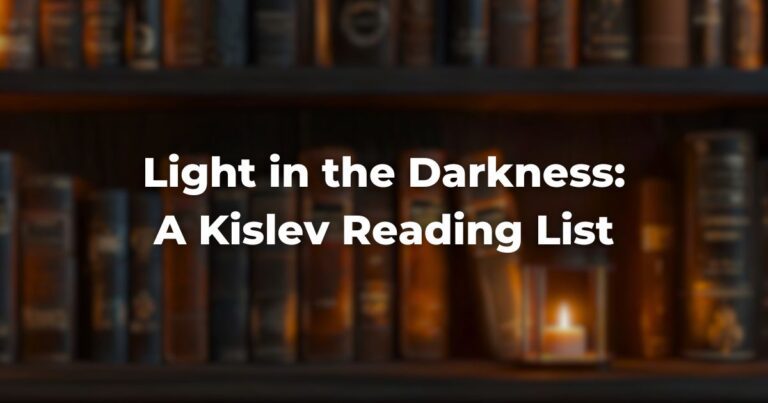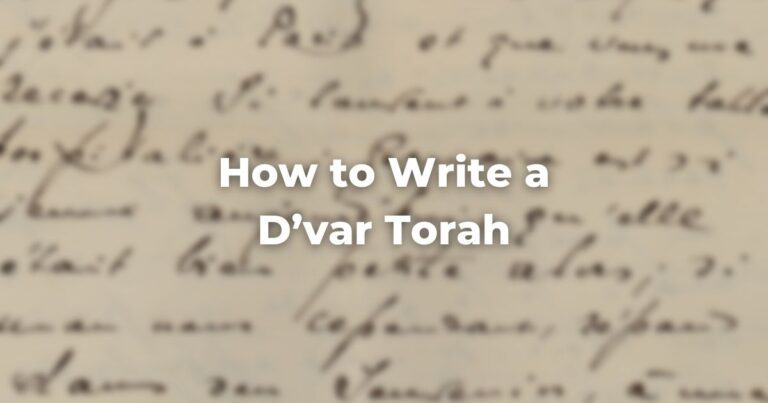The TorahRefers to the first five books of the Hebrew Bible, the Tanakh, also called the Five Books of Moses, Pentateuch or the Hebrew equivalent, Humash. This is also called the Written Torah. The term may also refer to teachings that expound on Jewish tradition. Read more teaches us that marriage between a couple is the ideal toward which single individuals should strive—essentially, this means that we can frame marriage as mitzvah. Indeed, the biblical account highlights the concept that there is value in having and providing another with helpful, supportive companionship.
Jewish tradition, therefore, has never considered celibacy or prolonged single living desirable. Quite the contrary: The rabbis of ancient times found the prospect of spiritual accomplishment for the unmarried unlikely at best, explaining with just a touch of hyperbole that couples need each other to flourish fully as people, in the same way that people require a relationship with God to reach the fullest flower of their humanity (B’reishit Rabbah 8:9).
For his part, and although there was considerable debate regarding his stance, Maimonides says clearly that the act of getting married is the fulfillment of a positive commandment of the Torah (MT Hilkhot Ishut 1:2); marriage is a mitzvah.
In the eyes of Jewish law and tradition, marriage encompasses the practical, emotional, and spiritual elements of life.
On a practical level, marriage helps to create the kind of stable family unit that functions as the bedrock foundation of a healthy, productive society. Emotionally, marriage provides the companionship, love, and sexual gratification that make life rich and pleasurable. But it is on the spiritual level that marriage reaches its fullest potential to bring good to the world by inducing a state of holiness in the people who accept its sacred bonds.
For this reason, the most popular Hebrew term for marriage is kiddushin, literally “sanctification.”
Indeed, the parallels the prophets drew with such tender passion between the relationship of married partners and the relationship between God and Israel will seem exaggerated or daring only to outsiders. To those on the inside of Jewish marriages characterized by fidelity, trust, and love, however, the analogy will seem almost self-evident.
Scripture pays much attention to the choice of a proper mate.
In the biblical story of how Abraham’s servant chose a wife for Isaac (Genesis 24), for example, it is clear that the primary considerations were kindness and hospitality. Subsequent Jewish tradition identified numerous other qualities deemed essential for a long and a happy marriage such as a love of learning, compatibility, family, generosity, and industriousness.
Adapted with permission from The Observant Life.
Authors
-

-

The Observant Life: The Wisdom of Conservative Judaism for Contemporary Jews distills a century of thoughtful inquiry into the most profound of all Jewish questions: how to suffuse life with timeless values, how to remain loyal to the covenant that binds the Jewish people and the God of Israel, and how to embrace the law while retaining an abiding sense of fidelity to one’s own moral path in life.
Written in a multiplicity of voices inspired by a common vision, the authors of The Observant Life explain what it means in the ultimate sense to live a Jewish life, and to live it honestly, morally, and purposefully. The work is a comprehensive guide to life in the 21st Century. Chapters on Jewish rituals including prayer, holiday, life cycle events and Jewish ethics such as citizenship, slander, taxes, wills, the courts, the work place and so much more.
View all posts




